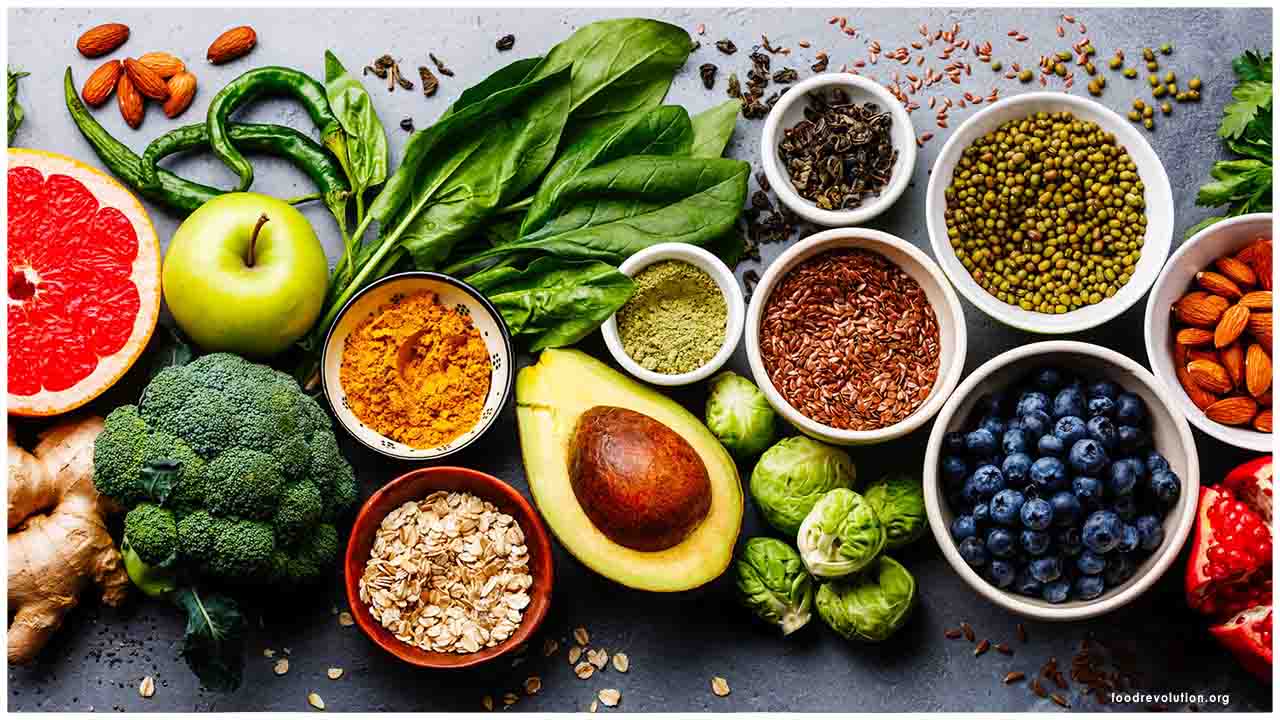Higher consumption of fruit, vegetables and whole-grain foods are associated with a lower risk of developing type 2 diabetes, according to two studies published by The BMJ today.
The findings suggest that even a modest increase in consumption of these foods as part of a healthy diet could help prevent type 2 diabetes.
In the first study, a team of European researchers examined the association between blood levels of vitamin C and carotenoids (pigments found in colourful fruits and vegetables) with risk of developing type 2 diabetes.Vitamin C and carotenoid levels are more reliable indicators of fruit and vegetable intake than using dietary questionnaires.
Their findings are based on 9,754 adults who developed new-onset type 2 diabetes and a comparison group of 13,662 adults who remained free of diabetes during follow-up from among 340,234 participants who were taking part in the European Prospective Investigation into Cancer and Nutrition (EPIC)-InterAct study in eight European countries.
After adjusting for lifestyle, social and dietary risk factors for diabetes, higher blood levels of each of vitamin C and carotenoids and their sum when combined into a “composite biomarker score” were associated with a lower risk of developing type 2 diabetes.
Compared with people who had the lowest composite biomarker score, the risk in people whose biomarker score was in the top 20% of the population was 50% lower. The risk in those with biomarker scores between these two extremes was intermediate.
The researchers calculate that every 66 grams per day increase in total fruit and vegetable intake was associated with a 25% lower risk of developing type 2 diabetes.
In the second study, researchers in the United States examined associations between total and individual whole-grain food intake and type 2 diabetes.
Their findings are based on 158,259 women and 36,525 men who were free from diabetes, heart disease and cancer and were taking part in the Nurses’ Health Study, Nurses’ Health Study II, and Health Professionals Follow-Up Study.
After adjusting for lifestyle and dietary risk factors for diabetes, participants in the highest category for total whole grain consumption had a 29% lower rate of type 2 diabetes compared with those in the lowest category.
For individual whole-grain foods, the researchers found that consuming one or more servings a day of whole-grain cold breakfast cereal or dark bread was associated with a lower risk of type 2 diabetes (19% and 21% respectively) compared with consuming less than one serving a month.
For other individual whole grains with lower average intake levels, consumption of two or more servings a week compared with less than one serving a month was associated with a 21% lower risk for oatmeal, a 15% lower risk for added bran, and a 12% lower risk for brown rice and wheat germ.
These reductions in risk seemed to plateau at around two servings a day for total whole grain intake and at around half a serving a day for whole-grain cold breakfast cereal and dark bread.
Both studies are observational so can’t establish cause, and there’s a possibility that some of the results may be due to unmeasured (confounding) factors. However, both studies took account of several well-known lifestyle risk factors and markers of dietary quality, and the findings back up other research linking a healthy diet with better health.
As such, both research teams say their findings provide further support for current recommendations to increase fruit, vegetable and whole-grain consumption as part of a healthy diet to prevent type 2 diabetes.
And for fruit and vegetables, the findings also suggest that consumption of even a moderately increased amount among populations who typically consume low levels could help to prevent type 2 diabetes.

 Findings further support advice to eat more of these foods to prevent the disease
Findings further support advice to eat more of these foods to prevent the disease



































